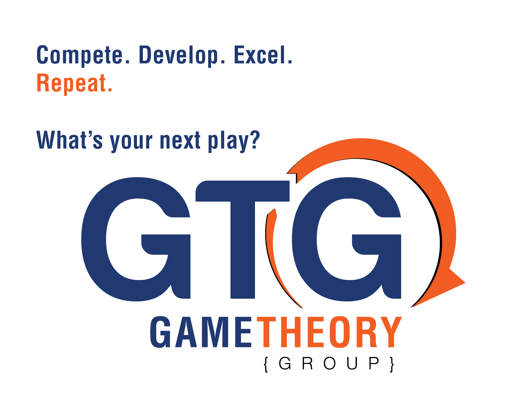Perseverance. Courage. Integrity. Hard work.
These are traits that would come to define Justin Allen during his battle with cancer and in life.
Before cancer, Allen first overcame the odds by making it out of small town Illinois to play big time college basketball at Arizona State.
Allen exemplified not only what it meant to be a student-athlete but also what it meant to be a fighter. He translated everything he learned growing up and in college on the court and approached everything with that same tenacity.
In the end—isn’t that why we have our kids play sports? Sure, we would love for them to succeed beyond theirs—and our—wildest dreams. Yet, we all know the odds that sports will be nothing more than a memory for most kids.
Yet, millions still do it every year. It’s because sports are about far more than the result on the field.
They are about the character and traits that are built while learning the games, rules, and people of the game. Basketball was that sport for Justin Allen, and though he didn’t know it, the things he learned on the court would forever define him off of it.
The Beginning of it All
26 years ago on Easter Sunday, Justin Allen received a gift that would change the course of his life. His father gave him a pitch back. That would spark his love for sports.
Fast forward to present day, and Allen has gone from a small town kid from Malta, Illinois (population 800) to a burgeoning, successful entrepreneur. Along the way, he has used the skills he learned as a student-athlete to help pave the way and contribute to his success.
Allen used his physical skills to earn a scholarship to play basketball at Arizona State, where he was suddenly a small fish in a big pond. The transition, he notes, was one of the toughest he has dealt with in his life.
“At the higher level you go up all the way to college to pro the game just changes, guys are stronger, bigger and faster. So it was a little bit of a shock there because I used to be able to do whatever I wanted on the court and all of a sudden the competition was on another level.”
Like most freshmen entering college, the change from high school to college level academics is a struggle, this is heightened even more when you are an athlete competing at the highest of levels. As Justin says, “college is all about time management and you don’t have anyone holding your hand anymore.”
The first semester of his freshman year Allen had a 1.9 GPA. It was hard to focus and find a balance between a schedule that included team weight training, self-workouts, mandatory study tables, open gym, rehab training, practice, watching tape, and of course going to class and trying to find the time to study and have a social life too. Overwhelming to say the least.
But it is not how you start but how you finish. Justin Allen would go on to graduate ASU as one of the top student-athletes in the conference with a 3.5 GPA and a 3x All Pac-10 academic award winner.
During college, Justin dealt with a profound struggle for anyone, much less someone as young as him—cancer. Going into his sophomore year he started feeling very tired and sluggish and was losing a lot of weight despite training even harder to continue to be at the prime of his athleticism. One morning he went in for the normal team workout and ended up passing out while trying to tie his shoe. After many tests and scans at the hospital they showed he had a very low white count which led the doctors to discover a softball size tumor in his abdomen and several small tumors in his back, hip and groin. He was diagnosed with Hodgkin’s.
For most, a moment like this would have been the darkest day in their lives. Instead, Allen views it as one of his brightest. It would be a mental turning point for him. He knew what it would take to get through that. It would take the same kind of commitment he had given his whole life to basketball.
For Justin, this was just another game–one that he knew he would win.
The Next Chapter
Only a few short years later, Justin had beaten cancer, graduated college, and played professional basketball in Europe and abroad. Yet, he faced an all-too-familiar problem when he returned. He was 28 and had never excelled at anything off the basketball court. What was he going to do with his life?
That’s where Game Theory Group and Vin McCaffrey come in. Justin and Vin were introduced through Jean Boyd from Arizona State Athletics and Vin immediately recognized the student-athlete spark in him. After all, Game Theory Group was founded in part because of stories exactly like Justin’s.
GTG set Justin up in a sales role with a focus on technology and high-level sales. While Justin succeeded and was good at it, he knew he wanted to do something more.
So, much like McCaffrey, he decided to start his own company that focused on basketball training, individual lessons, coaching, finding passion, etc. He knew the positive impact basketball had on his life, and he wanted to spread that message.
Today, Justin has written a children’s book inspired by his challenges and accomplishments. He travels to public speaking, looking to spread the story of not only himself but of student-athletes.
He and GTG share a common idea–that sports can positively change people for the rest of their lives. While it may be just a game to some, sports last a lifetime for others.







